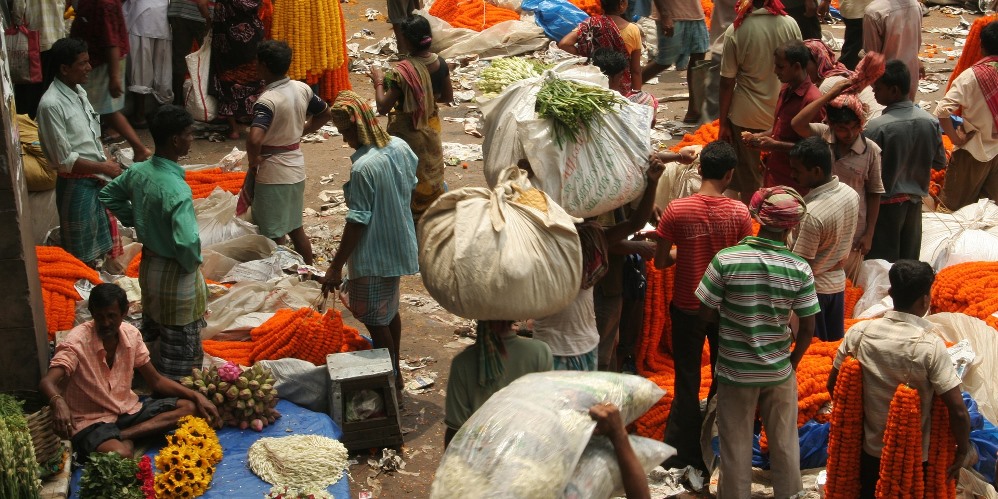Re-centring the ‘Pariah’: Caste, Tribe and Criminality in South Asia
Posted on Monday 26 June 2017

Two-day workshop at the University of Leeds
Monday 26 – Tuesday 27 June 2017
India’s ’Denotified and Nomadic Tribes’ (former criminal tribes), for instance, have been viewed as marginal to both mainstream politics and Dalit and Adivasi movements of the last three decades. But with a contemporary population of around 60 million, study of these communities sheds new light on the nature and limits of citizenship, the relationship between gender, criminality and law, and methods of mobilization and political resistance. Moreover, their incoherent classification within the framework of Scheduled Caste/Schedule Tribe invites fresh interrogation of colonial and postcolonial categories and identity politics in South Asia.
This two-day workshop will bring together an interdisciplinary group of scholars to reconsider the interconnected histories of caste, tribe and criminal pariahs across the colonial and postcolonial period. With a particular (although not exclusive) focus on criminal/denotified tribes, it aims to highlight how such oft-considered peripheral groups are central to our understanding of colonial expansion and statecraft, processes of decolonization and democracy, and debates on citizenship and rights. Through such analysis, it seeks to re-centre their histories not only within these crucial themes of South Asian studies but in more direct dialogue with each other.
We welcome papers from across the colonial/postcolonial period on the following themes:
- Law, criminality and the state
- Ethnography, ethnicity and indigeneity
- Gender, the family and reformation
- State- and community-defined categories of caste and tribe
- Political mobilization, resistance and reservations
- Decolonization, state-building and citizenship
Please submit abstracts of no more than 300 words and a short CV by 13 February 2017 to pariahsouthasia@gmail.com
Kindly supported by:
- University of Leeds
- Royal Historical Society
- Economic History Society
